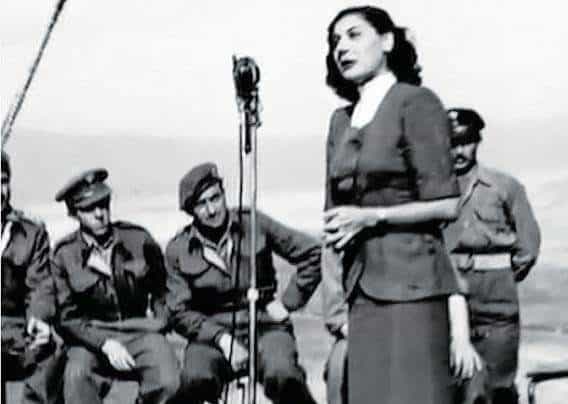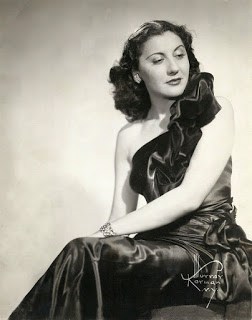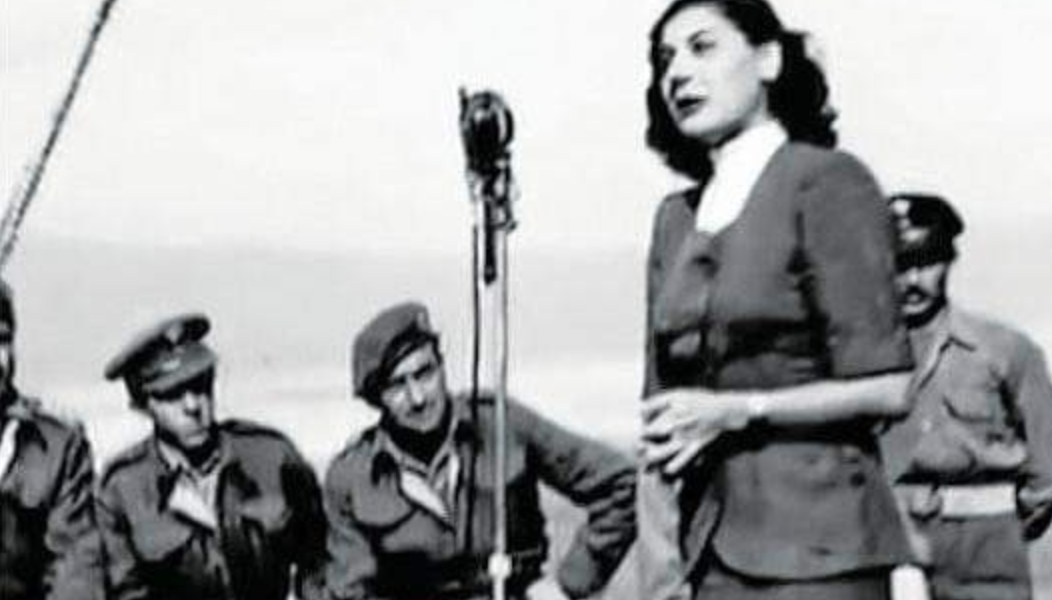Her voice, a haunting bass filled with hope and inspiration, resonated through war-torn Greece. It was the voice of Sofia Vembo, who defied Nazi orders to become a clandestine wartime anthem for Greek troops. Even today, generations later, her patriotic and satirical songs continue to bewitch the nation.

Sofia Vembo (Σοφία Βέμπο) became synonymous with patriotic fervour during the Greco-Italian War when she was dubbed the "Songstress of Victory" for her electrifying performances. Born on February 10, 1910, in Gallipoli, East Thrace (Turkey), she launched her career in Thessaloniki in the 1930s, her distinctly sonorous contralto voice quickly capturing hearts.
Vembo's fame skyrocketed after the Italian attack on October 28, 1940. Her stirring renditions of patriotic and satirical songs became a powerful source of inspiration for fighting soldiers. She used her voice to uplift the troops and demonstrated remarkable generosity, donating 2,000 gold pounds from her personal fortune to the Hellenic Navy.
When the Germans invaded and occupied Greece in April 1941, Vembo refused to be silenced. Transported to the Middle East, she continued to perform with unwavering spirit, captivating Greek troops in exile and remaining a beacon of hope during a dark period.

Because of her role in the war and her efforts during the Axis occupation, Vembo was awarded the rank of Major in the Greek Army.
Some of her songs:
- Duce puts on his uniform (Βάζει ο Ντούτσε τη στολή του)
- The tobacco box (Η ταμπακιέρα)
- Egyptian girl (Μισιρλού)
- Children, of Greece children (Παιδιά της Ελλάδος παιδιά)
- How I’m sorry (Πόσο λυπάμαι)
- I love you, and I like the life (Σ’ αγαπώ και μ’ αρέσει η ζωή)
Vembo's most famous song that encouraged the Greek soldiers during the Greek-Italian War was “Children of Greece, Children,” written after the Italian attack on Greece on 28. October 1940.
The song still remains popular and is heard on every OXI Day.
After a long and tumultuous relationship with her songwriter and lyricist, Mimi Traiforos, she finally married him in 1957.
Her frail health meant fewer performances in the ‘70s, but her defiant spirit came through during the Polytechnic student rebellion under the oppressive junta regime. Her home soon turned into a sanctuary for students fleeing the military police. Such was the respect she commanded among uniformed troops that the army did not dare question her motives.
Sofia died on March 11, 1978, following a fatal stroke. The throngs at her funeral were a testament to how deeply this lady, who survived war and poverty to become a rallying voice for the brave and wounded, was adored by a grateful nation.
Children of Greece children
- Lyrics: Mimis Traiforos
- Music: Michalis Souyoul
- Performer: Sofia Vembo
Among the roads, wander
Mothers and the look
To meet
Their children, who made an oath
When were parting on the station
To win
But for those who has gone
And the glory wraps them
Let us rejoice
And let no one ever cry
Let her burn every her pain
And let us bless
Children, of Greece children
Who fight severely up in mountains
Children, to sweet Mother of God
We all pray for you to come back again
And I say to all those, who love
And doesn’t sleep night for someone
And sigh,
That the bitterness and fear
To a honorable Greek woman
Do not suit
Greek women of Zalongo
And of the city, and of the forest
And Plaka residents
However bitterly we feel pain
Let us say proudly
As Souliot women
Children, of Greece children
Who fight severely up in mountains
Children, to sweet Mother of God
We all pray for you to come back again
With the branches of victory
We are waiting for you, children.


